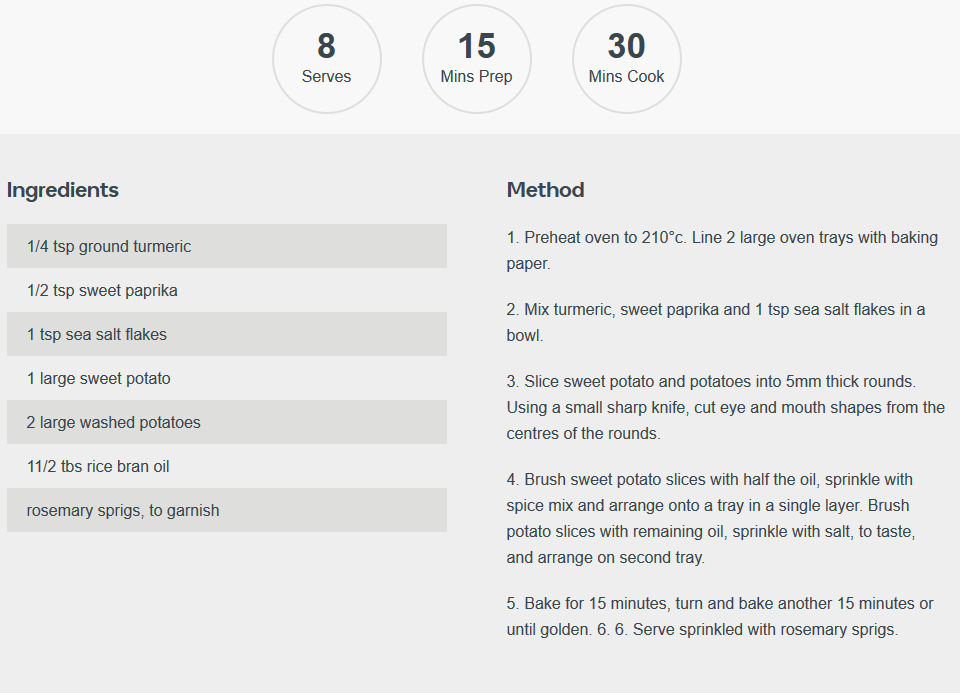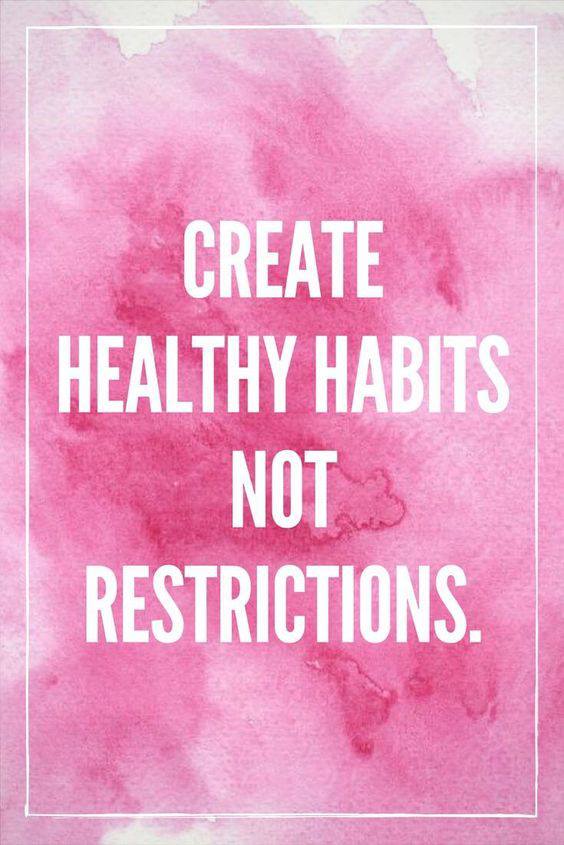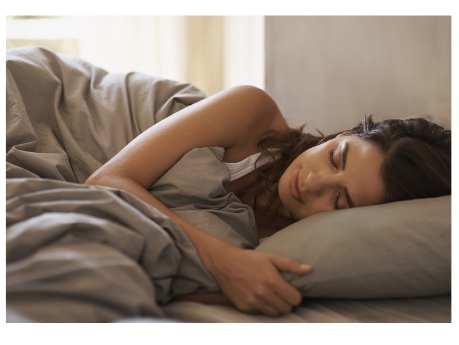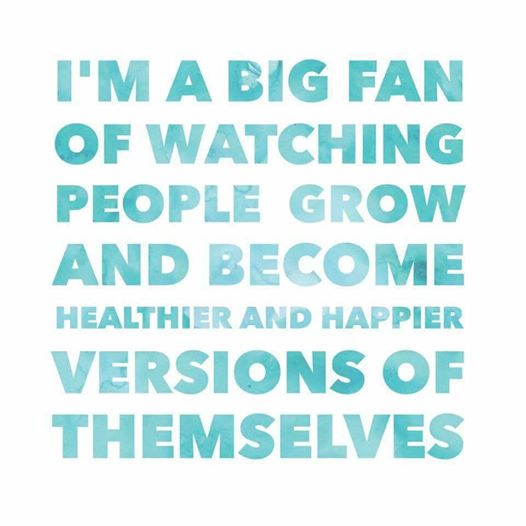How COOL are these?


https://www.woolworths.com.au/shop/recipedetail/6339/potat-o-lanterns
If you do OVER INDULGE…. in sugary treats, a green smoothie the next day will help to alkalise your body. xo

The Natural Science of Health
How COOL are these?


https://www.woolworths.com.au/shop/recipedetail/6339/potat-o-lanterns
If you do OVER INDULGE…. in sugary treats, a green smoothie the next day will help to alkalise your body. xo

Sleep is a really important part of our life. It helps us to feel well, focused and happy. Most people experience a bad night’s sleep now and again, but if you regularly don’t get enough sleep it can really affect how you feel and what you can get done during the day.

Everyone is different, and the amount of sleep you need might be different to what your friends need. In general though:
Each night, people aged 14-17 need between
8-10 hours
Each night, people aged 18-25 need between
7-9 hours
Good sleep habits have been shown to improve mood, concentration and performance at school or work. They may also help control overeating and help prevent obesity. Lack of sleep is linked to symptoms of depression such as feeling down, hopeless, irritable, having thoughts of suicide, and using alcohol or other drugs. Research suggests that for every hour of sleep you miss at night, there is a:
14 ![]()
increase in risk of unpleasant emotions or feelings that affect day to day function
38 ![]()
increase in the chance of feeling sad and hopeless
42 ![]()
increase in the chance of having thoughts of suicide.
58 ![]()
increase in the chance of suicidal behaviour.
23 ![]()
increase in the chance of using tobacco, alcohol or marijuana.
People who regularly go to sleep very late each night and don’t wake up until the afternoon may have Delayed Sleep Phase Syndrome, and are at an increased risk of developing insomnia and depression.
Very short sleepers (less than five hours each night) are more likely to experience long-term mental health issues than people who get enough sleep.
On the other hand, if you sleep more than the recommended amount each night, find it hard to wake up in the morning or still feel tired during the day, something else might be going on.
For young people, not getting enough sleep might be caused by:
Biological factors: such as puberty or changes in your body clock
Environmental factors: such as social pressure, school or university workload, use of electronic devices, or using alcohol or other drugs
If you’re having trouble falling asleep or staying asleep, here are a few things you can try:
However, if you find that this makes you focus on how much sleep you’re not getting, you may be better off without it.
